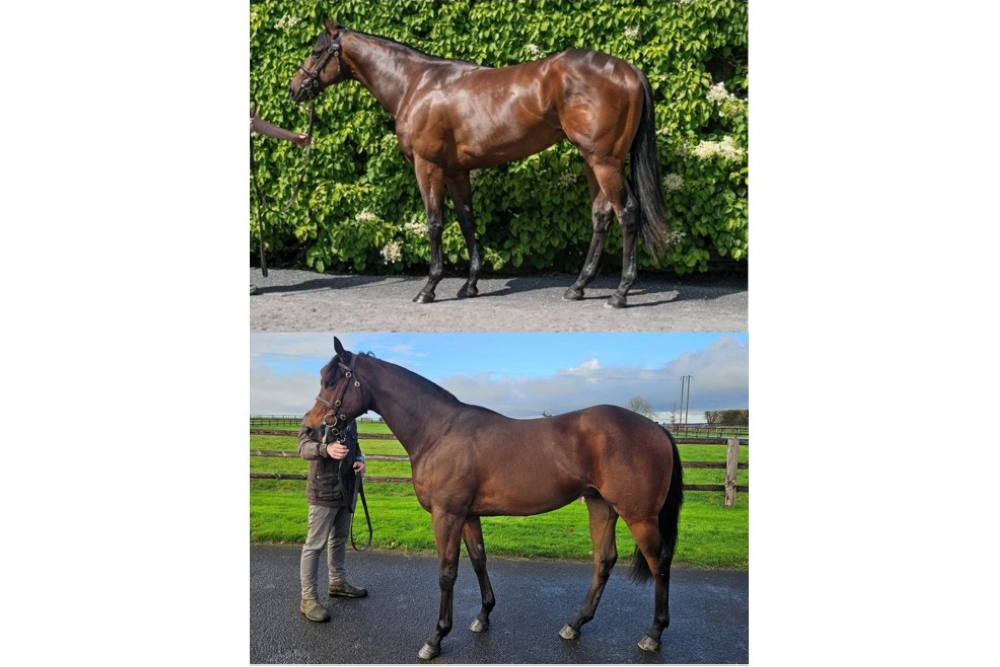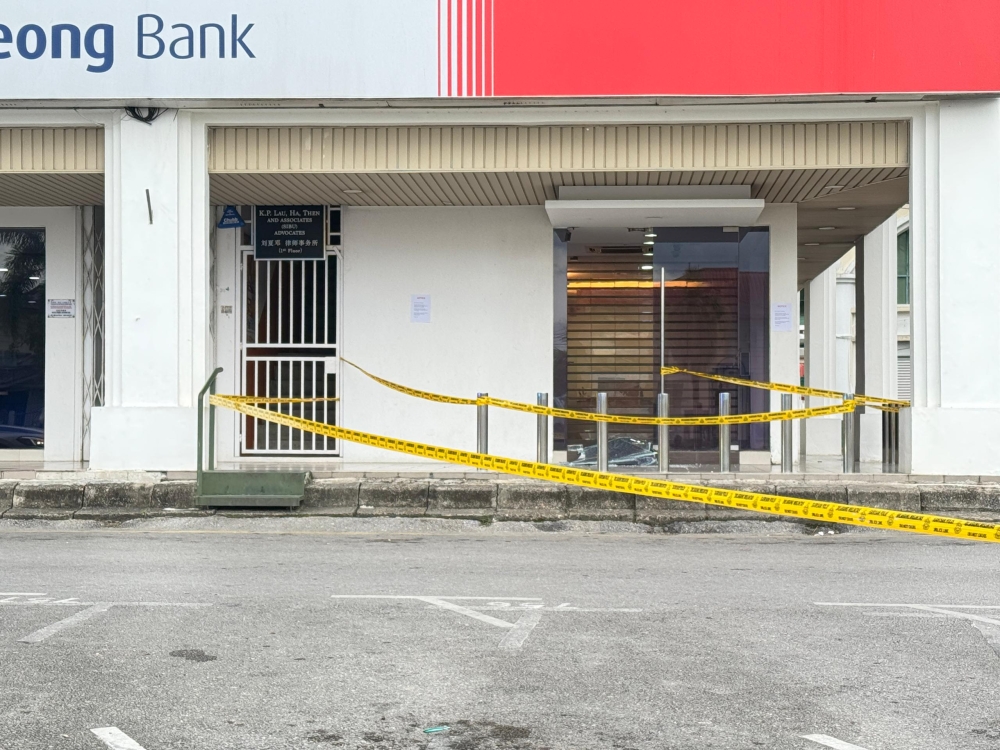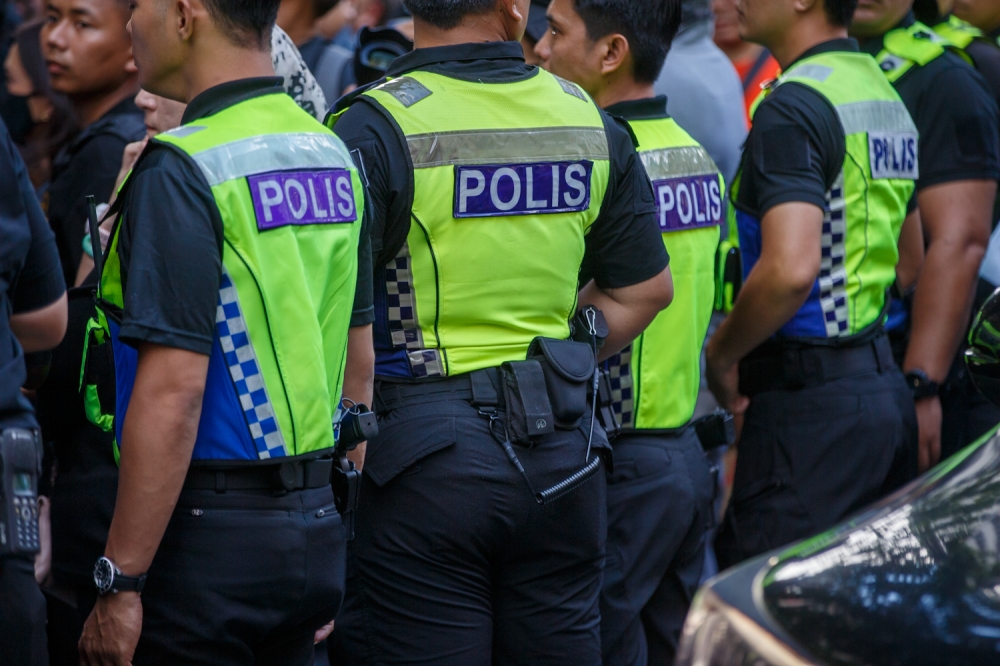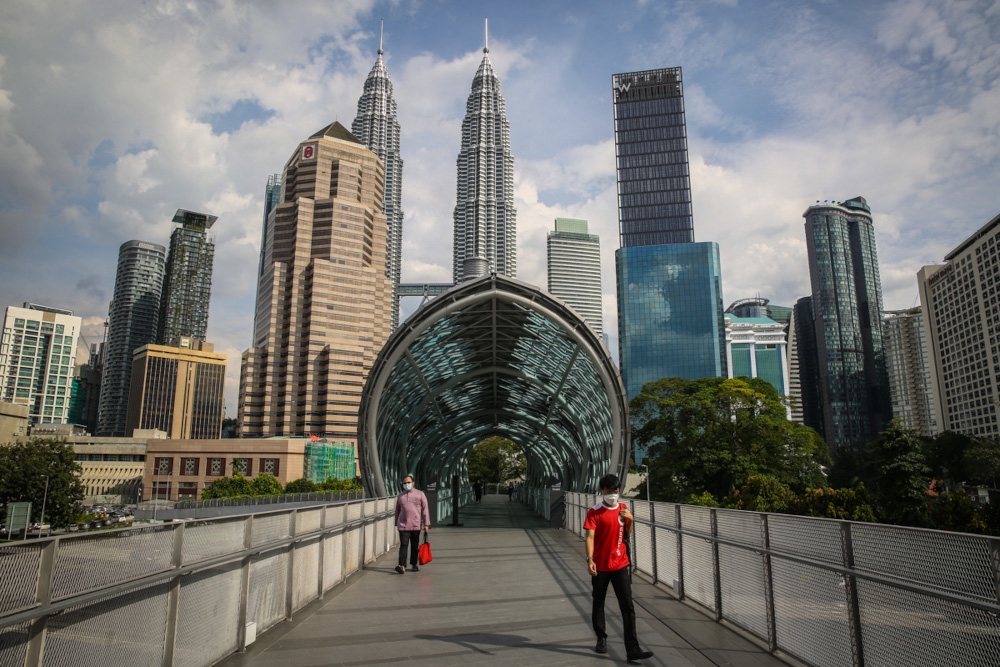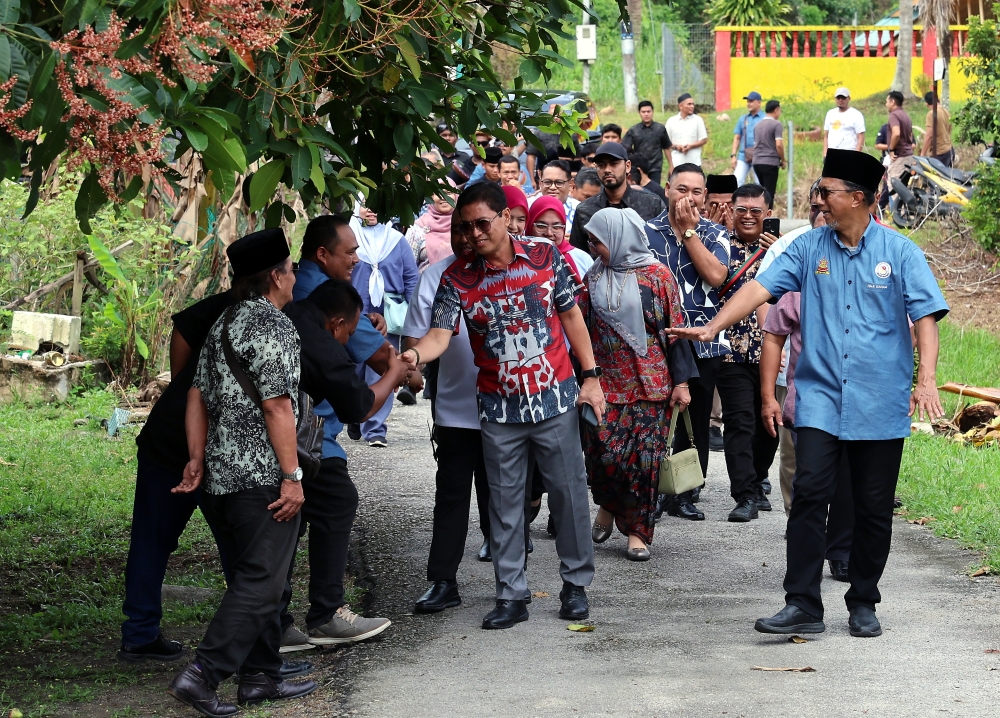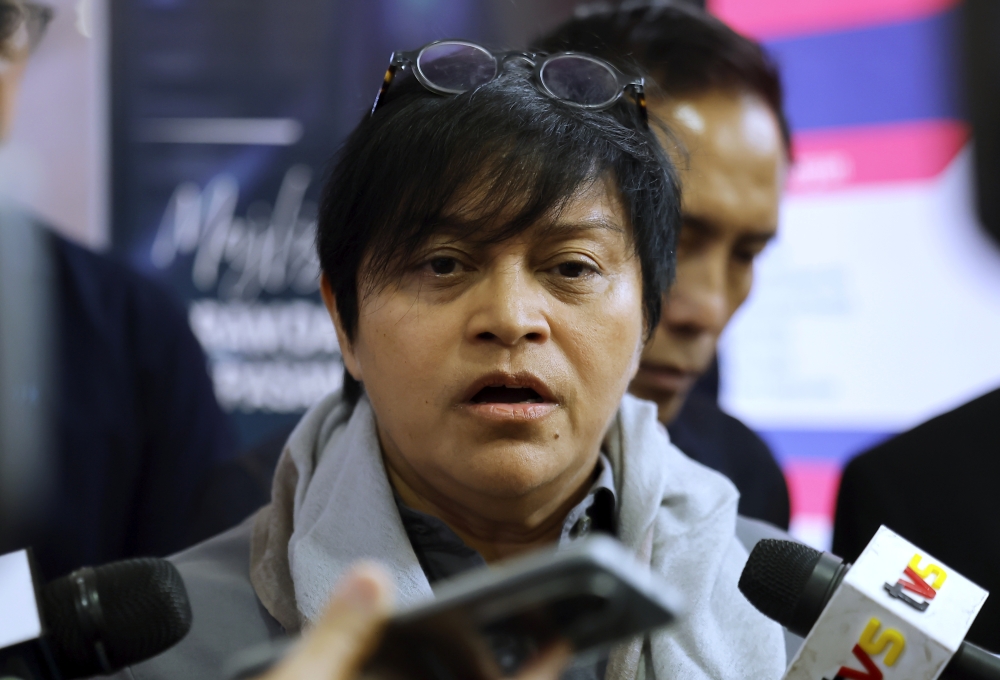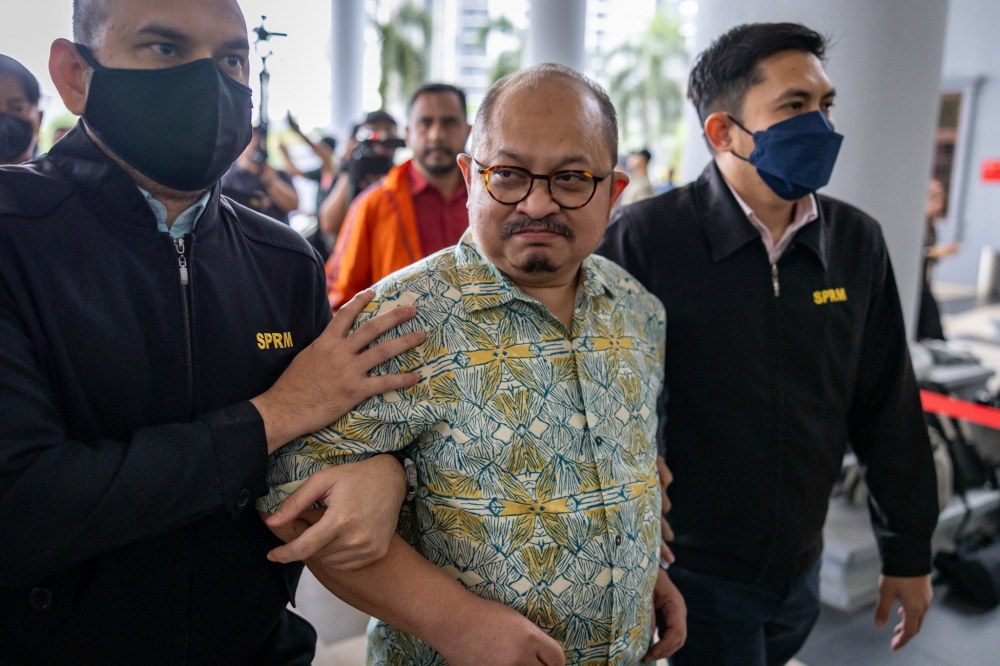FEBRUARY 8 ― Barack Obama sought to achieve a compromise in the Trans-Pacific Partnership negotiations.
The United States had to pull back on some of its demands in the deal to get support from the other 11 nations party to the agreement.
Due to his visibly limited dictionary, Donald Trump doesn’t know what compromise means. It’s his way or you’re fired, as former Attorney General Sally Yates can attest to.
To Trump, the TPP was unfair to the US, despite criticisms against it. That means he wants a bigger chunk of the pie than Obama pressed for. He wants a deal that favours the US, one that protects US domestic interests.
Trump is no fan of multilateralism and compromise. Instead, he believes in the “winner takes all” mentality and not the common good.
In a one to one negotiation with Trump pulling the US’ strings, that is not going to be possible.
He has already announced a deal with Japan and is looking to negotiate with other members of the dead agreement for a tougher, higher standard bilateral pact which will benefit the United States.
And that’s a problem for developing countries like Malaysia. We created allies to negotiate a better deal for more affordable medicines than the higher standard pharmaceutical companies wanted.
Priding himself as a deal-maker, Trump has handpicked two men to plan and execute his trade policy. And that’s how this new trade deal will come into play.
Peter Navarro and Robert Lighthizer, two names we might not hear much of in this part of the world but should remember in the weeks and months ahead.
Navarro, a Democrat who ran for mayor in San Diego but lost in 1992, has modelled himself as a trade protectionist.
In a recent interview with the Financial Times, he took issue with China and Germany who he’s accused of being involved in currency manipulation and unfair trade practices.
He is an economist who loves to hate China as can be seen in his Death by China book but Donald Trump’s team claims he has a brilliant mind and will plan the new administration’s trade policy by heading the newly-formed National Trade Council.
Meanwhile, Robert Lighthizer will play the role of executioner as the United States Trade Representative, one who Trump is hugely fond of and has banked on to be a lawyer who will do “an amazing job“ like his other appointees.
Being a former member of Ronald Reagan’s administration, Lighthizer was also influential in Reagan’s 100 per cent tax on Japanese imports back in 1987, a move which Trump is favouring to adopt against Mexico and China.
The US Commerce Department has found that China is dumping steel in the US at a cost below market price, similar to what the Japanese were said to be doing in their heyday.
Critics have said that Trump’s protectionist idea on the economy is Reagan-esque; his current advisors and the Navarro-Lighthizer tag team certainly add weight to this claim.
Both Navarro and Lighthizer know that China is a threat to the US, but they look at Beijing as an economic threat domestically.
This differs with the Obama administration’s view that President Xi Jinping was using China’s economic might to add to its political muscle, which was a reason why they viewed the TPP as a zero-sum game and were willing to compromise.
Trump is a peacock of a president. He knows no zero-sum game. Instead, he loves to show off his feathers and operates with a great degree of ― albeit misplaced ― self-confidence.
That’s precisely why developing countries like Malaysia who joyously look to signing trade pacts with the United States ought to tread very carefully.
* This is the personal opinion of the columnist.











